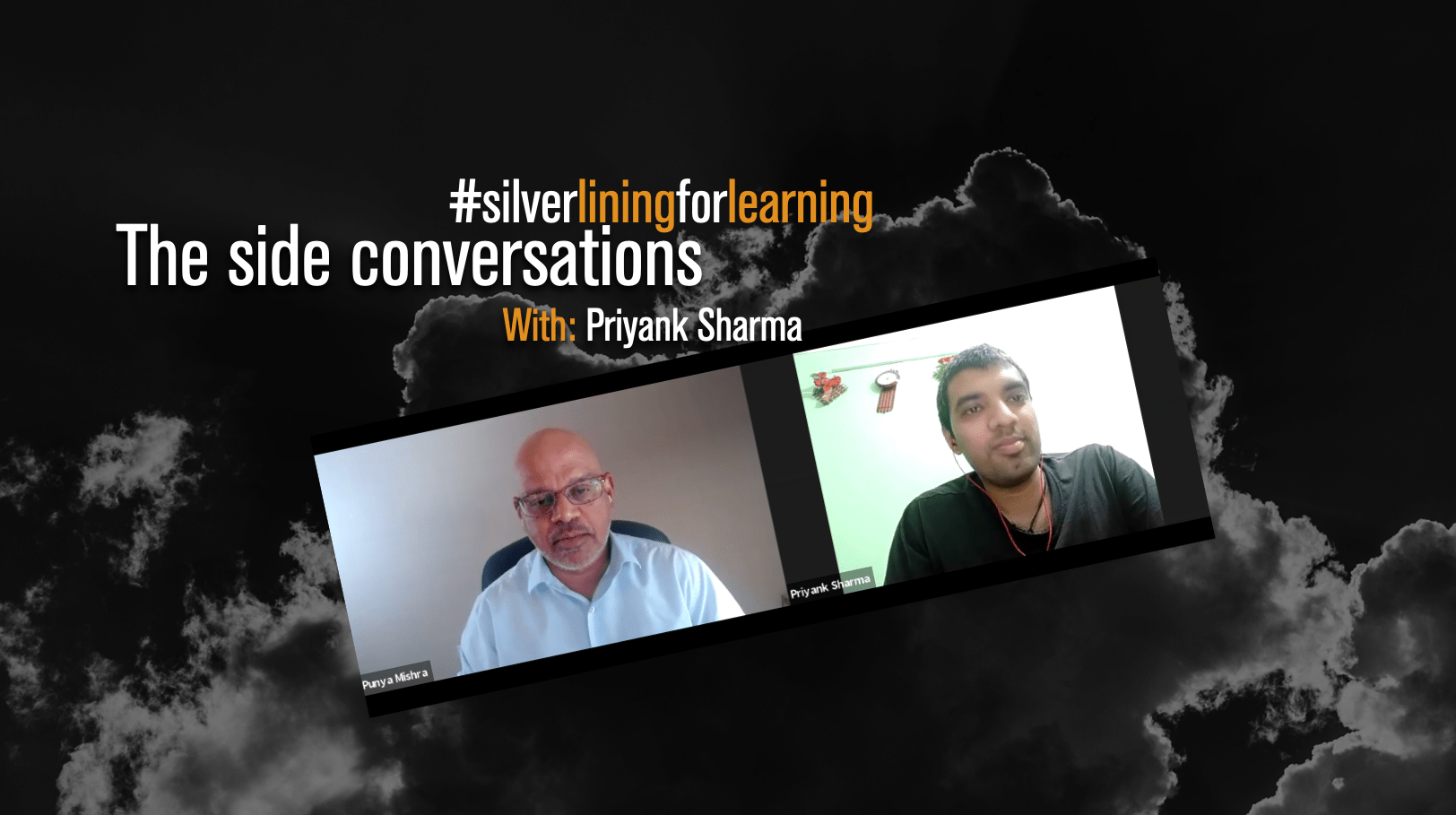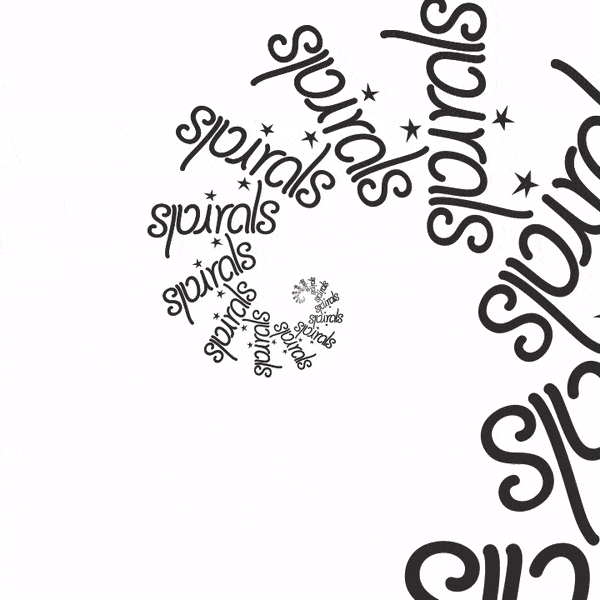 How do exemplary teachers incorporate creativity in their teaching? In this dissertation study, Danah Henriksen interviewed National Teacher of the Year award winners (and finalists), to better understand their beliefs, interests, and practices involving creative teaching. Analysis of the data help us identify key themes of how these teachers approach the creative process, as well as the connection between their personal interests and professional creativity.
How do exemplary teachers incorporate creativity in their teaching? In this dissertation study, Danah Henriksen interviewed National Teacher of the Year award winners (and finalists), to better understand their beliefs, interests, and practices involving creative teaching. Analysis of the data help us identify key themes of how these teachers approach the creative process, as well as the connection between their personal interests and professional creativity.
This paper has been accepted for publication in Teachers College Record. The link below is to a pre-publication version, so please contact us if you would like to quote from it or cite it.
Henriksen, D., & Mishra, P. (in press). We teach who we are: Creativity in the lives and practices of accomplished teachers. Teachers College Press.
Extended Abstract
Background/Context: There is a strong sense in education that creativity should be nurtured in classroom settings, yet there is little understanding of how effective and creative teachers function (Cropley, 2003; Robinson, 2011; Sawyer, 2011). Existing research has recognized that successful/creative people in any discipline use creative avocations to enhance their professional thinking (Simonton, 2000; Feinstein, 2006). Root-Bernstein (1996; 1999) demonstrated a strong connection between the professional and personal-life creativity of highly accomplished scientists, which has been applied to other disciplines. Until now, however, this phenomenon has not been applied to exemplary teachers. This study focuses on a broader picture of how exceptional teachers use creativity in the classroom.
Purpose/Objective/Research Question/Focus of the Study: This study documents the ways in which successful, award-winning teachers function creatively in their classrooms. It investigates their beliefs about creativity in teaching – what “creativity” means, and how skilled teachers instantiate it in classroom practices. Finally, this research examined the teachers’ personal creativity (in terms of creative pursuits, hobbies, and habits of mind) and the practical ways this translates into teaching.
Research Design: A qualitative research design was used, for in-depth interviews with highly accomplished teachers. Detailed interview data was gathered from eight recent National Teacher of the Year award winners/finalists, to investigate creative classroom practices and beliefs about creativity among exceptional teachers across varied teaching contexts. Qualitative coding of phenomenological research described important themes arising from the creative practices and beliefs of the participant teachers.
Findings: Findings reveal how excellent teachers actively cultivate a creative mindset. Results show how excellent teachers are highly creative in their personal and professional lives, and that they actively transfer creative tendencies from their outside avocations/interests into their teaching practices. This study describes common themes in creative teaching, including: intellectual risk taking, real world learning approaches, and cross-disciplinary teaching practices.
Conclusions/Recommendations: Current U.S. educational policy, with its emphasis on high-stakes testing and scripted, “teacher-proof” curricula, have impeded creativity in teaching and learning. Based on the findings of this study, suggestions for curricula include the incorporation of teachers’ unique personal creative interests in lessons, along with infusion of the arts and music across varied disciplinary content. Teacher education programs and professional development courses should include a focus on both real world cross-disciplinary lesson planning, while administrators and policy makers should support opportunities for teachers to take creative and/or intellectual risks in their work.



Hi, I read your article titled “We Teach Who We Are:
Creativity in the Lives and Practices of Accomplished Teachers”
It would be great if you could email me the pdf format of this published article for me cite it in my paper.
Best
Ananda
Ananda, this article is yet to be published. I will post the article once it is published. Please monitor my site for updates. Thanks ~ punya